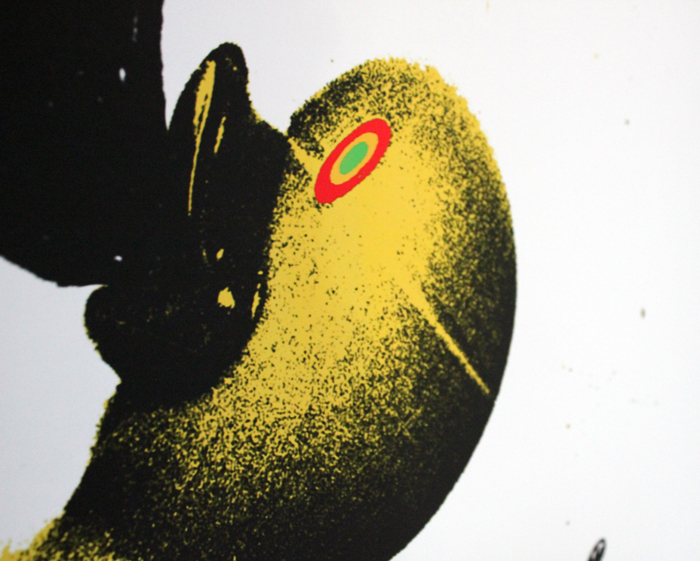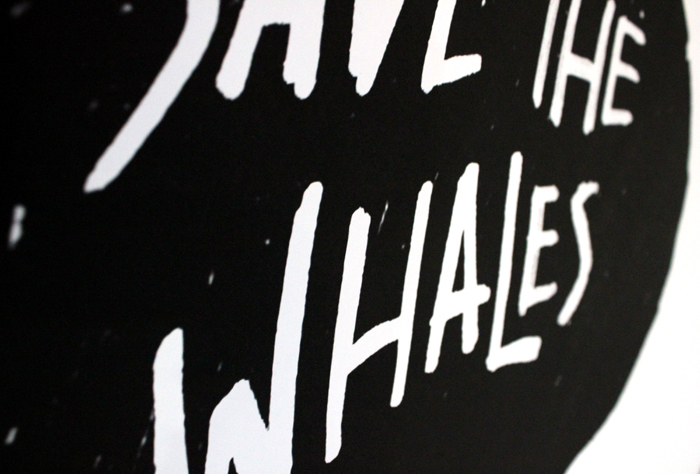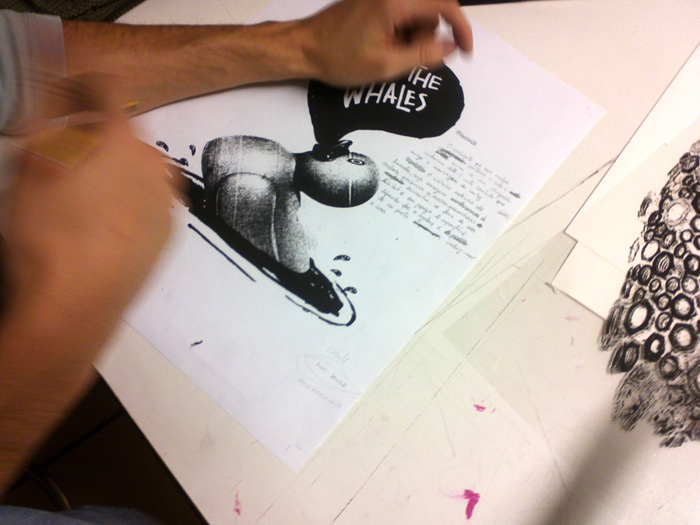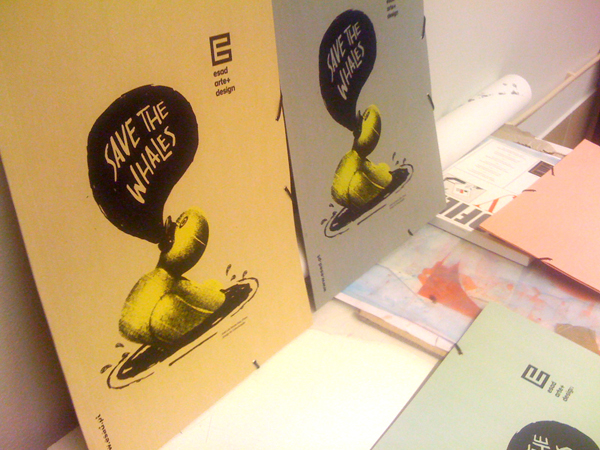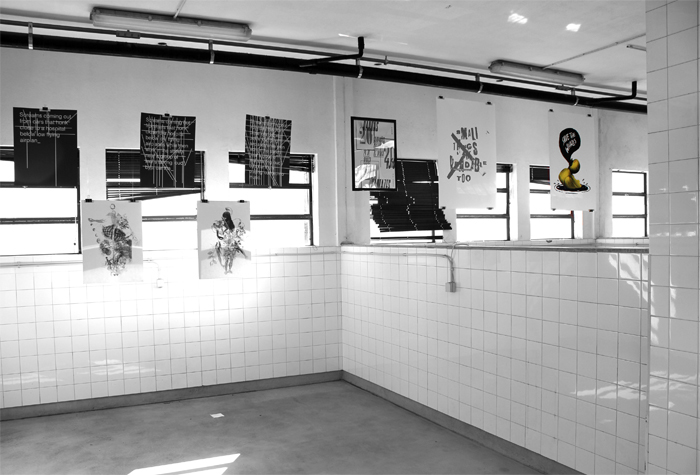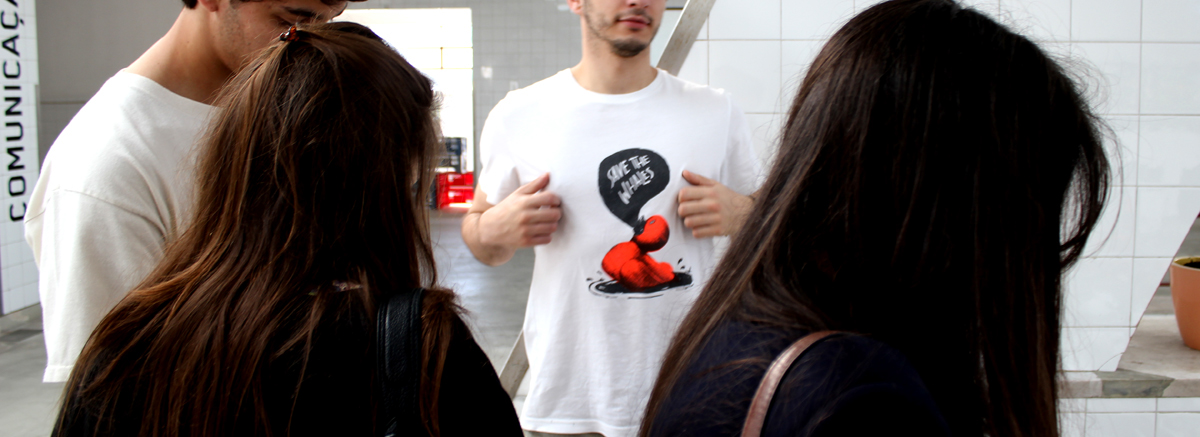
Save the Whales
The environment that surrounds us belongs to anyone and this makes us responsible to take care of it. This is the message of the poster. The iconic rubber duckling, which image of comfort is held in our memories, is represented outside its natural habitat and in danger. The fluid surface that surrounds it has a black color and leads us to crude. This portrayed the present situation of the petroleum prices and we can gaze ourselves on the duck that sinks in it. Its last wish that is shown in the speech bubble is a non-sense, as it will help in that situation at all. At the same time, this is the way that influences the perception of the poster and leads the reader to think over other environmental problems, such as the duck does in its endings. This is the aim of the poster reviewing – in a straight way the crude and not lesser all other environmental problems caused by mankind.
Its true to say that, this poster had is first intention to be a poster for Students Association from ESAD, for Finalists Trip to Mediterranean. From the other years nobody adhered, so the idea was to alert the people in very different ways. Since, in this world, we have a guy that says to his earth commander "Sì Captain" and he can put the ship sicking, I desire the best trip to the one´s that could get on a ship that is also under water.
It was also selected by the teacher Margarida Azevedo to participate in the 23ᵉ Festival international de l’affiche et du graphisme, student competition, but it was not selected. The communication office ESAD, led by João Faria selected this work to be printed on paper-covers has a gift for the students who visited the Open Week exhibition. Bruno Dias a friend and colleague of mine, was part integrate in this project writing and correcting some of the texts that we needed to wrote.
This poster poster was exposed
Its true to say that, this poster had is first intention to be a poster for Students Association from ESAD, for Finalists Trip to Mediterranean. From the other years nobody adhered, so the idea was to alert the people in very different ways. Since, in this world, we have a guy that says to his earth commander "Sì Captain" and he can put the ship sicking, I desire the best trip to the one´s that could get on a ship that is also under water.
It was also selected by the teacher Margarida Azevedo to participate in the 23ᵉ Festival international de l’affiche et du graphisme, student competition, but it was not selected. The communication office ESAD, led by João Faria selected this work to be printed on paper-covers has a gift for the students who visited the Open Week exhibition. Bruno Dias a friend and colleague of mine, was part integrate in this project writing and correcting some of the texts that we needed to wrote.
This poster poster was exposed
